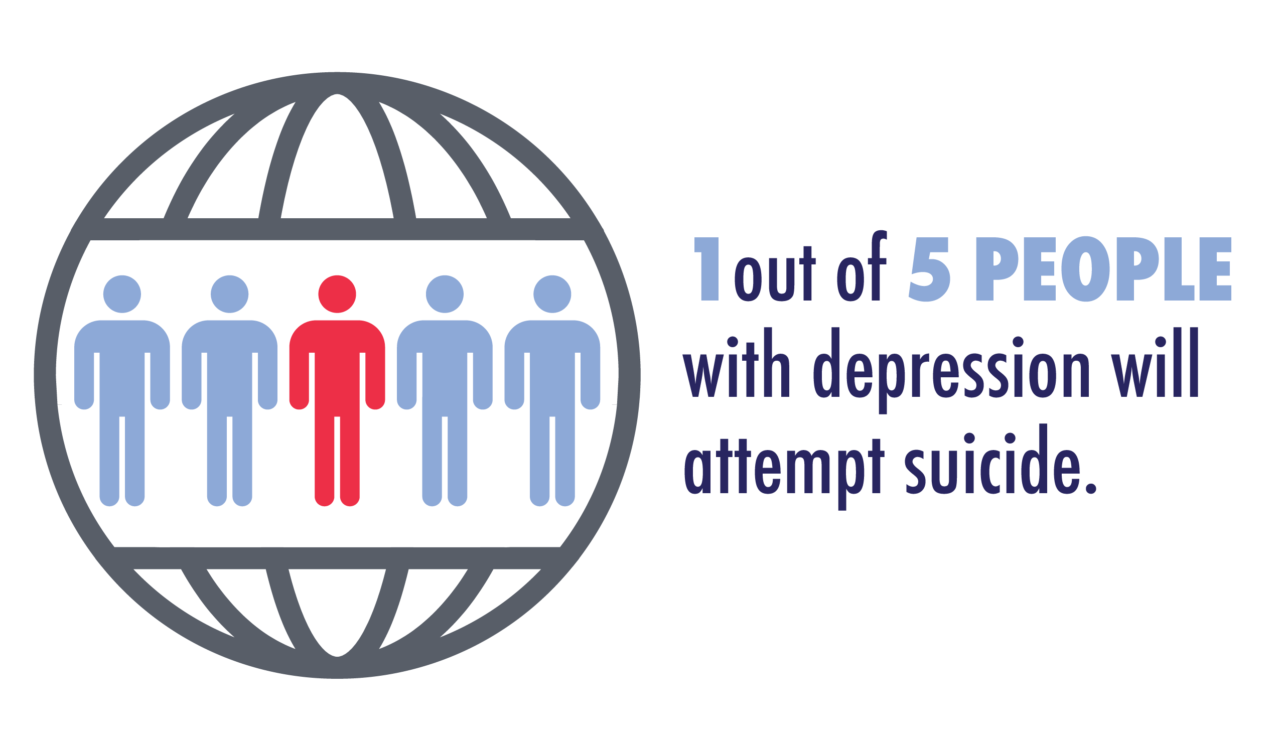Military Disability For Bipolar Disorder
bipolar disability disorder wallpaperShe immediately recognized what was transpiring and sent me straight to an inpatient behavioral health facility. In general in order to get VA benefits for a psychiatric disabilities such as depression anxiety bipolar disorder or schizophrenia you need to establish the main elements of service-connection between your psychiatric disability and your time in the military.

10 Common Conditions For Social Security Disability Claims Social Security Disability Disability Social Security Benefits
Bipolar disorder involves distinct periods of unusually elevated high energy lasting for at least several days manic or hypomanic episodes often accompanied by an overly good mood.

Military disability for bipolar disorder. An in-service event injury or illness. One of these mental health issues is commonly known as Bipolar Disorder and can be seen in veterans after returning home. Overview Veterans with bipolar disorder can experience a range of symptoms including noticeable swings in energy mood or hours of sleep needed.
If you were diagnosed with bipolar disorder during or after your time in uniform you may qualify for benefits through the Department of Veterans Affairs VA disability compensation program. For Reservists the condition must have occurred in or resulted from an injury in the Line of Duty to qualify. The VA awards disability compensation for each Mental Disorder that is service-connected.
Veterans with Bipolar Disorder Disability. The VA categorizes bipolar disorder under VA diagnostic code 9432 and Veterans can receive up to 100 disability for the condition. I was immediately diagnosed with bipolar disorder type 1 and placed on mood stabilizing medications and atypical antipsychotics.
Shortly after my referral I had an appointment with this new practitioner during my severe manic episode. There are veterans benefits available to disabled veterans with dependent children and parents. In fact it is more common than some disorders with greater recognition such as schizophrenia and obsessive-compulsive disorder OCD.
Veterans suffering from disabling mental disorders that occurred in or were aggravated during service may obtain disability compensation. Bipolar Disorder is a serious mental illness. In order to receive monthly disability compensation you must first establish service connection.
A current diagnosis of bipolar disorder. Due to the severe and chronic nature of the symptoms and the side effects and special laboratory monitoring of the medications troops diagnosed with bipolar disorder generally are considered unfit. The DoD will also rate service-connected Mental Disorders as long as they also make the service member Unfit for Duty.
Its listed in their Schedule for Rating Disabilities under Mental Disorders and specifically under Mood Disorders. The emotional and mental effects of serving on active duty in the US military can leave a veteran with long-term psychological conditions. The military considers mood disorders that require medication disqualifying.
It causes unusual shifts in your mood concentration energy and ability to do day-to-day functions. Unfortunately bipolar disorders are an automatic military mental health disqualifier. Some veterans with bipolar disorder can receive over 2900 a month from the Veterans Administration.
Representation by a lawyer who presents lay testimony and organized evidence can help boost your VA disability rating and your compensation. Service Connection for Bipolar Disorder. Understanding the VA Disability Rating Levels The VAs rating range for bipolar disorder is from 10 to 100 depending on how serious the symptoms are and how much they affect your daily life.
The following three elements of service connection are required by VA. Many veterans are owed years of back pay in missing benefits. If you are a veteran suffering from bipolar disorder you may be eligible for VA disability benefits.
Weve heard from many Veterans who ask Are Veterans eligible for disability benefits for bipolar disorder Yes Veterans can receive disability compensation for bipolar disorder. First you need to get a current diagnosis of a mental disability. While depression anxiety or PTSD are better recognized by the general public bipolar disorder has become one of the mental disorders affecting a great number of people as well.
Bipolar disorder is considered a disability by the VA.



